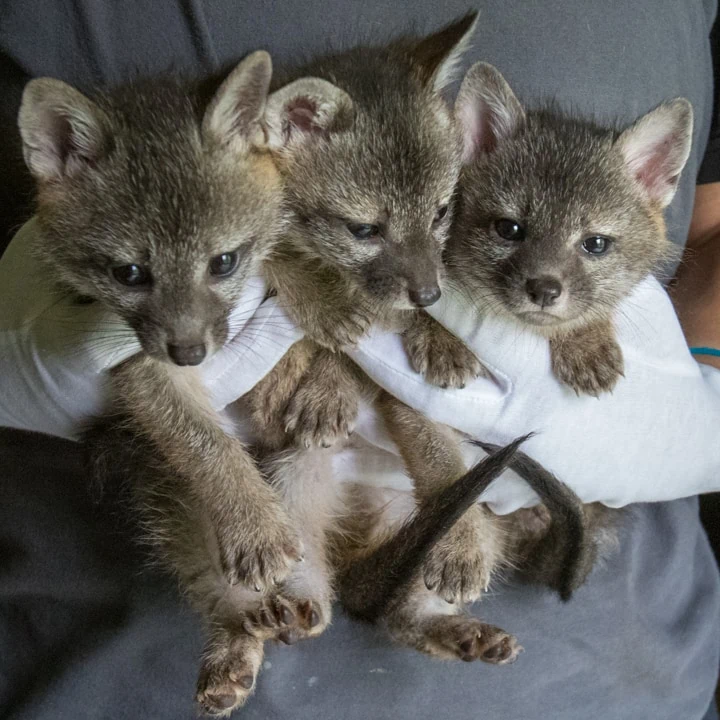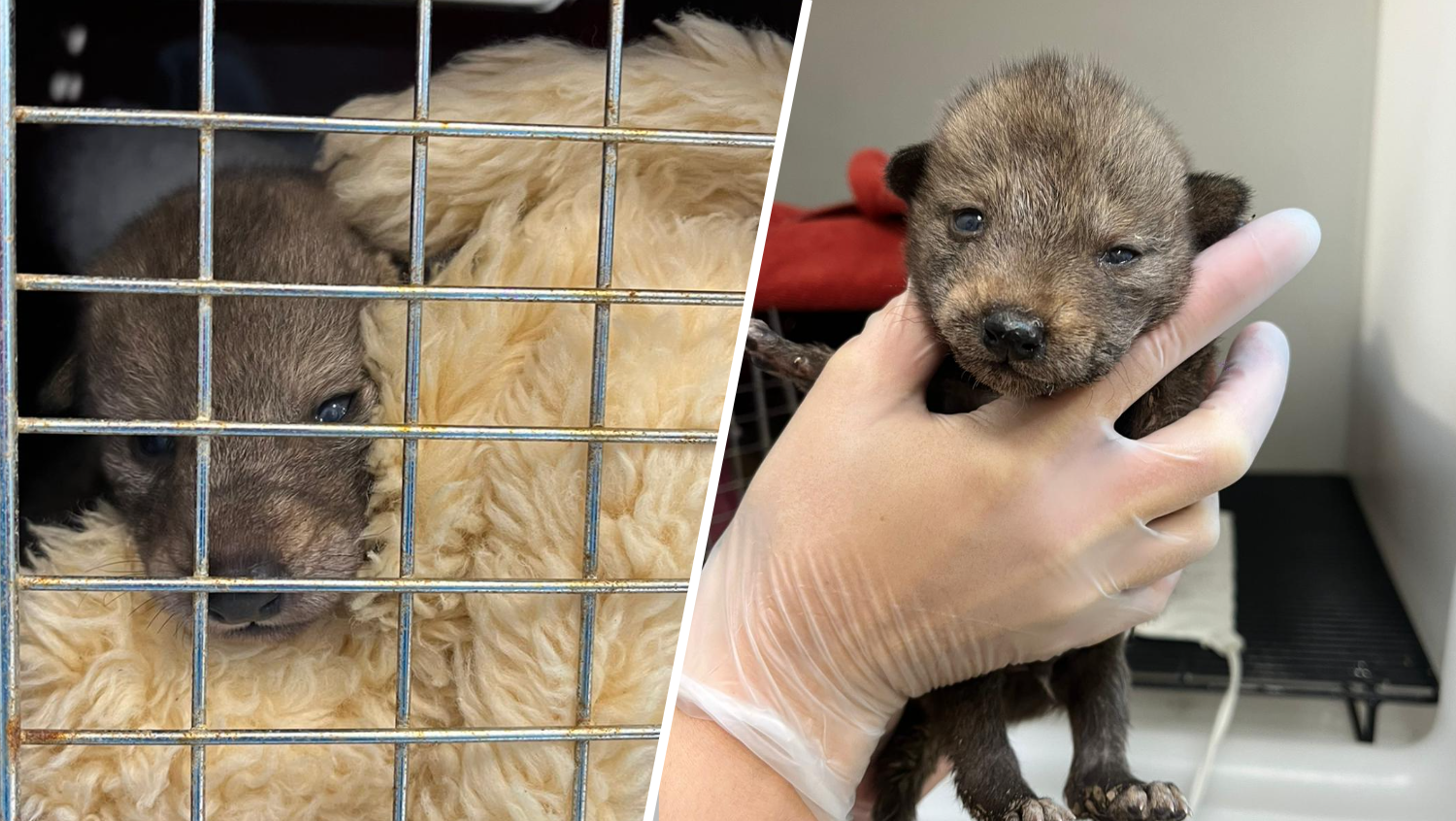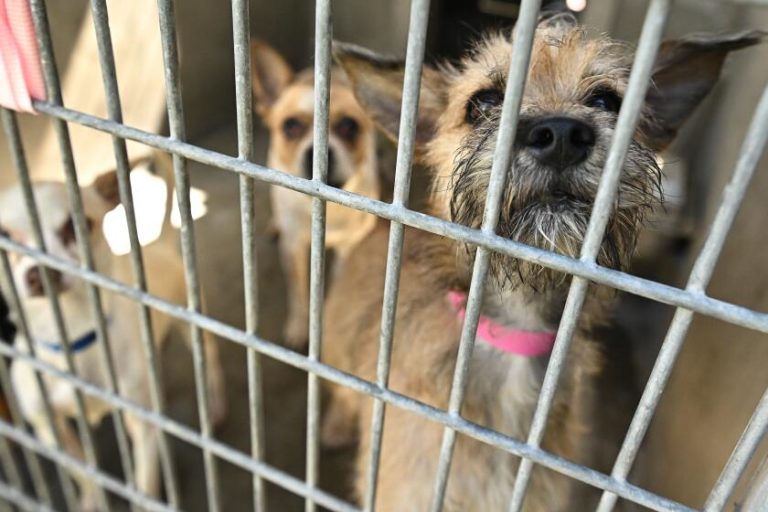In a heartwarming yet cautionary tale, the San Diego Humane Society recently came to the aid of four young coyote pups discovered beneath the shelter of a deck in Pacific Beach.
Promptly responding to the call, the pups were carefully transported to the Humane Society’s specialized Project Wildlife team for nurturing and rehabilitation.
The decision to take the pups into captivity was not made lightly. Despite their best efforts, the Humane Society determined that returning the coyote pups to their original location or reuniting them with their elusive parents was not feasible.
Consequently, the young coyotes will remain under the care of the Humane Society until they mature sufficiently to be reintroduced into the wild.
This heartening rescue underscores an important message: the importance of respecting and preserving wildlife habitats. The Humane Society stresses that encountering young animals without their parents is not necessarily a sign of abandonment.
Often, it’s simply a matter of the parents temporarily leaving their offspring while they forage for food or attend to other essential tasks. In such cases, it’s imperative for concerned individuals to resist the urge to intervene and instead allow nature to take its course.

Despite their natural instincts to avoid humans, coyotes may be drawn to residential areas by the allure of unsecured pet food or accessible garbage bins. To mitigate potential conflicts, residents are encouraged to secure their waste properly and refrain from leaving out food sources that could attract wildlife.
Related Articles:
- Two Suspects in South Sacramento Homicide Apprehended in New York City
- HIV Prevention Meds Available Without Prescription: Governor Newsom’s Decision
- Side Chick Chicken Restaurant Expands to Second Location Amid Pandemic Success
In light of this incident, the Humane Society is keen to provide resources and guidance on coexisting harmoniously with wildlife. Through education and proactive measures, communities can foster a safer and more sustainable environment for both humans and animals alike.
Clarification: The coyote pups will only be in captivity until they are old enough to be released back into their natural habitat, not for their entire lives.















+ There are no comments
Add yours